Most Cost-effective CNC Machining Plastics
Jan 19, 2020

A look at China Medical CNC Machining Inc.’s CNC machining plastics portfolio through the lens of cost-effectiveness and material properties.
CNC machining is a versatile manufacturing process known for its high precision and accuracy. Another draw of using CNC machining is that it is compatible with a broad range of materials, from various industrial-grade metals like steel and aluminum to widely used plastics, like ABS and Nylon.
Like with metals, CNC machinable polymers can fulfill a wide range of applications in the automotive, consumer electronics and consumer goods sectors, to name but a few. Their various properties—which we’ll look at in more depth below—offer strengths for particular material applications. For example, an impact-resistant material such as ABS is a popular choice for producing car parts or protective casings.
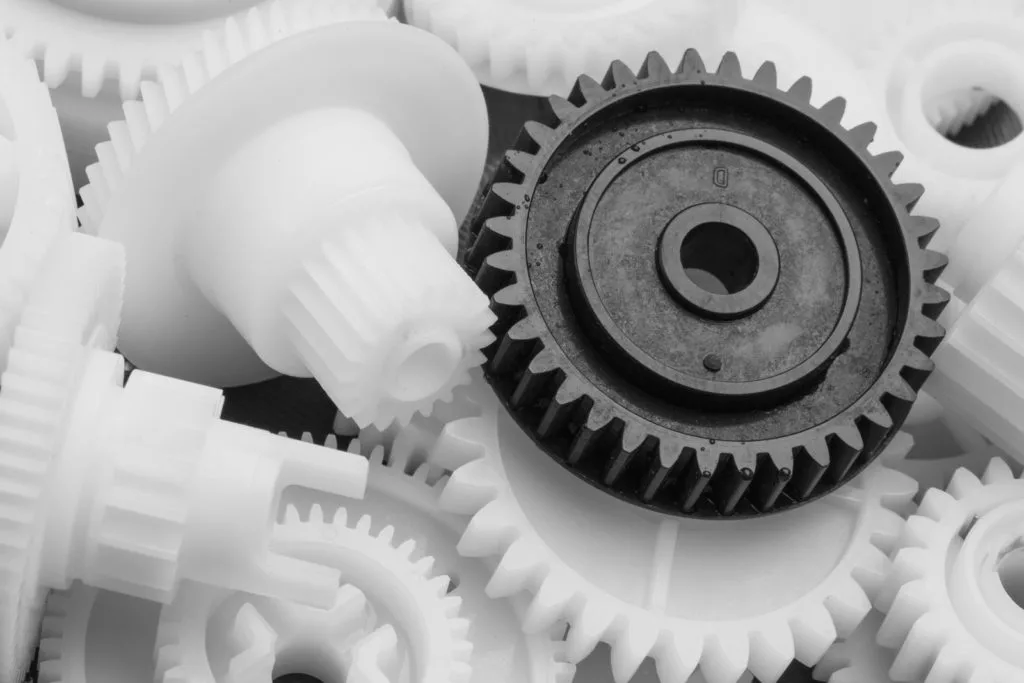
The material properties of each plastic also influence the cost of CNC machining, as the more machinable plastics are faster and thus cheaper to process. The cost of raw material is also an important factor in determining the cost-efficiency of a particular plastic.
At RapidDirect, we offer a comprehensive portfolio of plastic materials for CNC machining, which we’ve evaluated based on their cost-effectiveness. (Note that the price of raw material can fluctuate depending on the market.) See our offering below:
1. ABS
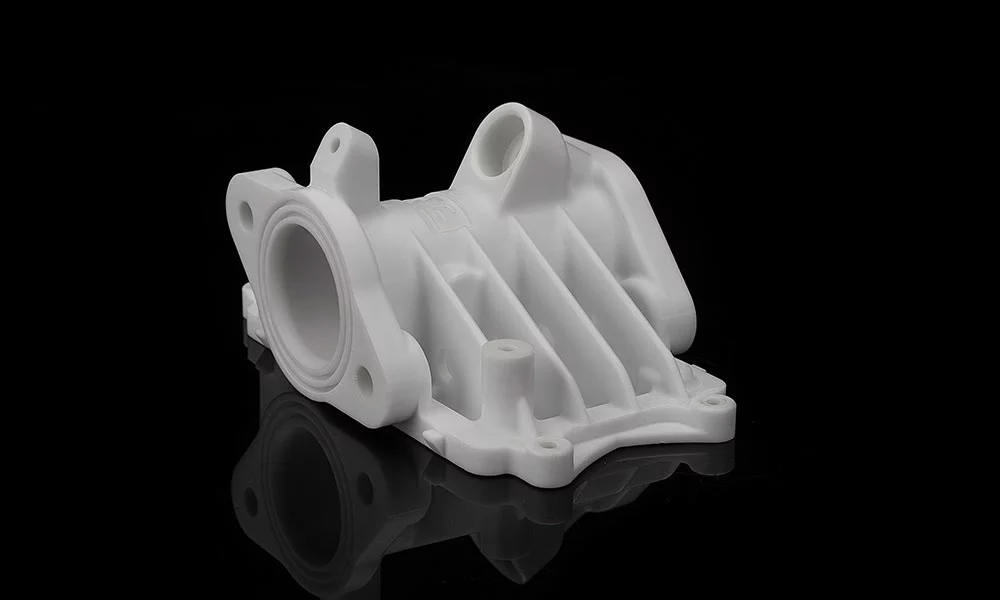
ABS, or Acrylonitrile Butadiene Styrene, is a widely used CNC machining material, which meets the needs of many industries because of its material properties and accessible cost. ABS is a highly machinable plastic material with a low raw material cost. Both of these factors have led to the material being used for many prototyping applications, as well as certain end-use applications.
In terms of properties, ABS has excellent impact resistance, as well as good temperature and chemical resistance. The high machinability of ABS leads to parts with high-quality surface finishes. Machined ABS parts can also undergo a number of post-processing treatments, including surface metallization, electroplating, bonding and more.
2. POM
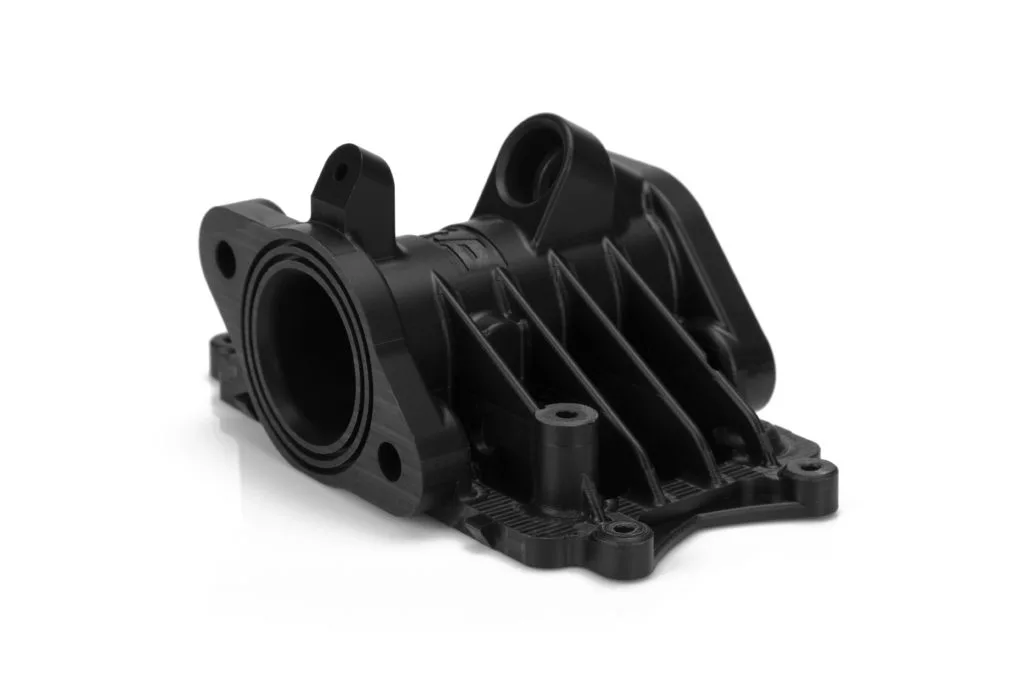
POM, also known under the names Acetal and Delrin, is one of the easiest plastic materials to CNC machines. While easier to machine than ABS, the high strength engineering plastic is slightly more expensive as a raw material, which influences its overall machining cost.
POM is known for its excellent wear resistance, low friction, strength, and dimensional stability. These material properties have led POM to be adopted for various end-use CNC machining applications, such as the production of gear bearings, automotive parts, consumer electronics, pipe components and much more.
3. PMMA
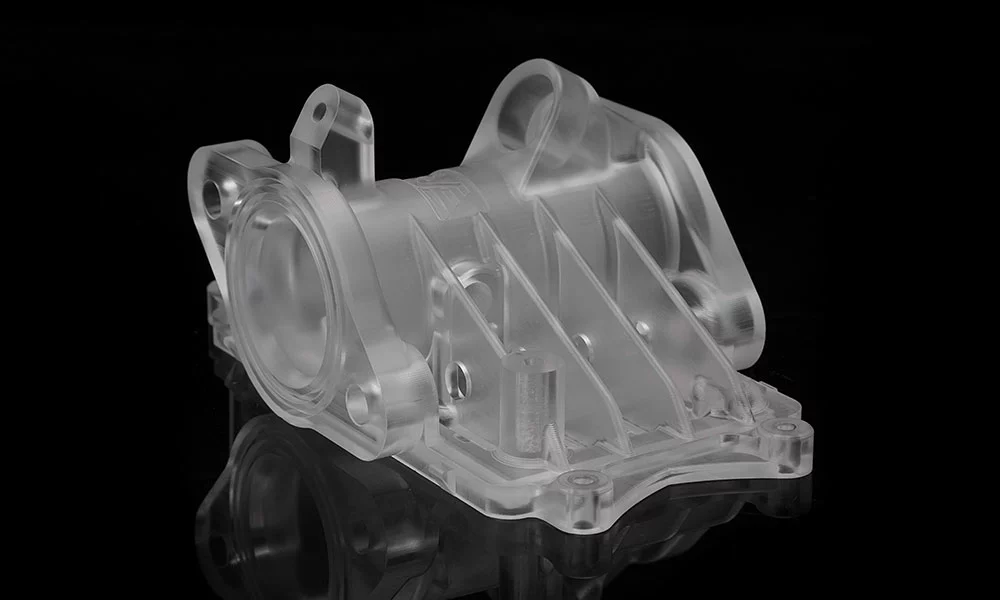
PMMA, also known as Acrylic, is a transparent plastic material with good strength and stiffness properties. The plastic boasts good machinability and a low raw material cost, which makes it an appealing option for many manufacturers.
As one of the most commonly used plastics, you can see PMMA almost anywhere. Because of its transparency, it is often used as an alternative to glass in the construction, interior design, and chemical sectors. The weather-resistant material is also used in the construction of billboards and other signage.
4. PA
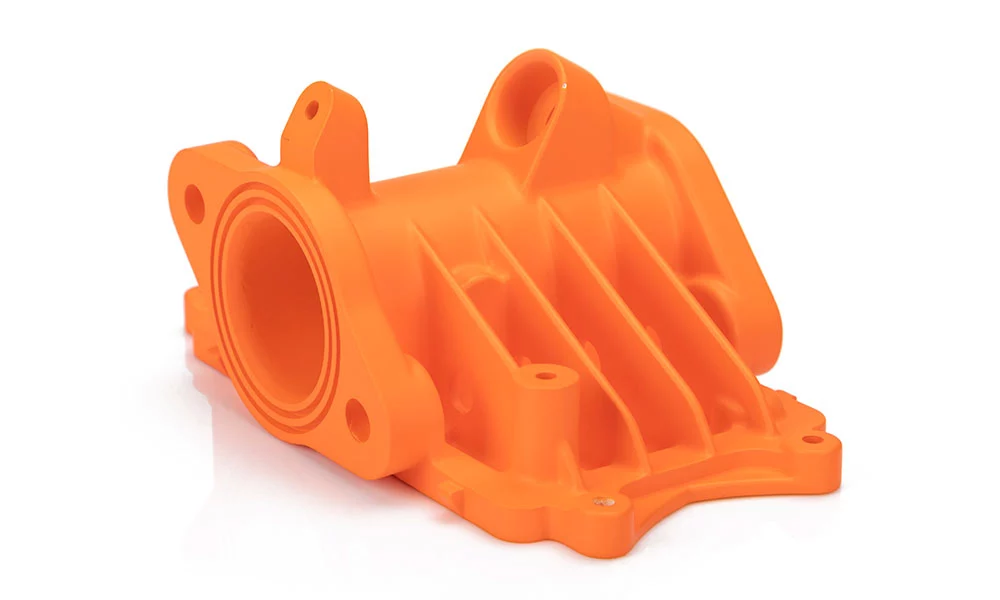
PA, also known as Nylon, is a broadly used synthetic polymer with good mechanical strength, shock absorption and wear resistance—among other properties. Though the cost of raw PA material is relatively low, the material’s medium machinability rate can affect the cost of certain projects—especially those that require tight tolerances and fine features.
PA is nonetheless widely used for producing all kinds of structural parts and is often used as a cheaper alternative to metal components. The material’s good electrical insulation and chemical resistance also make it appealing to manufacturers across many industries.
5. PC
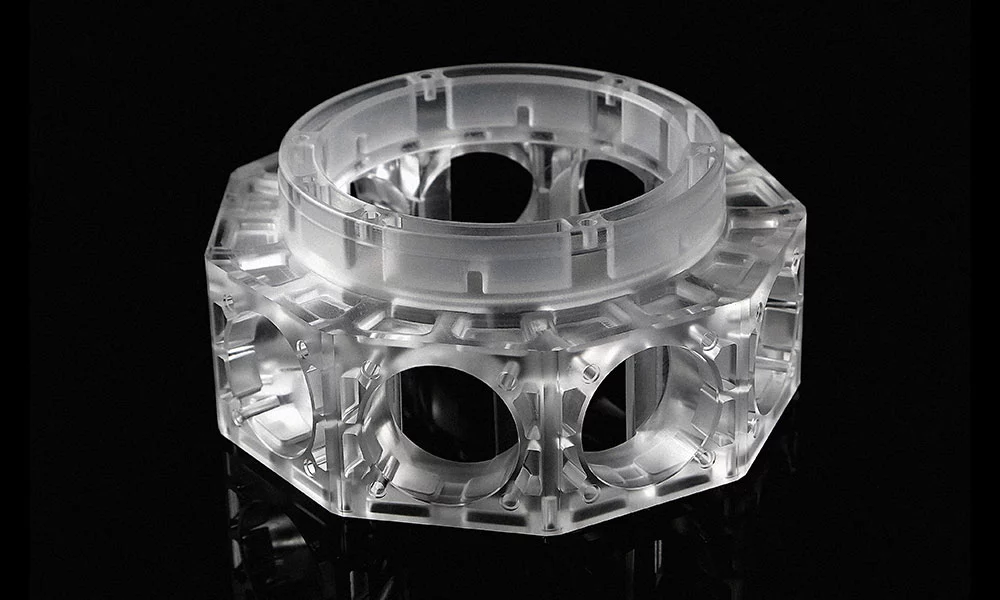
PC, or Polycarbonate, is a transparent thermoplastic material with high strength and stiffness. PC’s most sought after material property is usually its outstanding impact resistance. PC is also characterized by good machinability—meaning the cost of CNC machining the material is relatively low. The cost of raw PC—available in rod or plate format—is the highest of the CNC machining plastics, however.
In terms of applications, PC is used by the automotive industry for the production of various car parts, like instrument panels, pumps, and valves. In other sectors, the plastic material is also used for producing protective gear, internal mechanical parts, medical devices and more.
CNC Machining Plastics
Overall, the price of CNC machining plastic materials is significantly lower than metals because of the lower raw material cost. For this reason, CNC machining plastics are often a go-to for prototyping. Still, within the range of CNC machining plastics available at China Medical CNC Machining Inc., some are more cost-effective than others.
If cost is your main priority when producing a prototype or end-use part, you should also consider how design can influence the cost of CNC machining. Find some useful design tips to keep your machining costs down here.
Share on social media...
Get Your Parts Into Production Today
Only 4 simple steps to complete your project. Follow the instruction and give it a try!
Upload Files


Get Quotation

Place an Order

Start Production
Latest news and stories
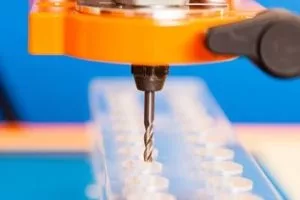
Understanding Plastic Fabrication Processes: A Complete Guide
Plastics are versatile materials with plenty of polymer options. They are among the most common […]
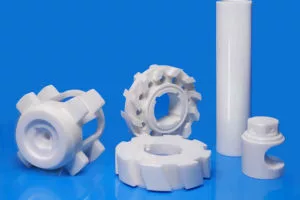
Ceramic CNC Machining: Another Option for Custom Manufacturing
It could be quite a cumbersome task to choose the best material for your manufacturing […]
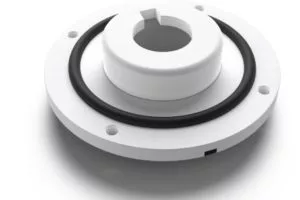
The Overmolding Design Guide You Must Never Forget
Overmolding is an injection molding process where you cast a layer of resin (usually a […]